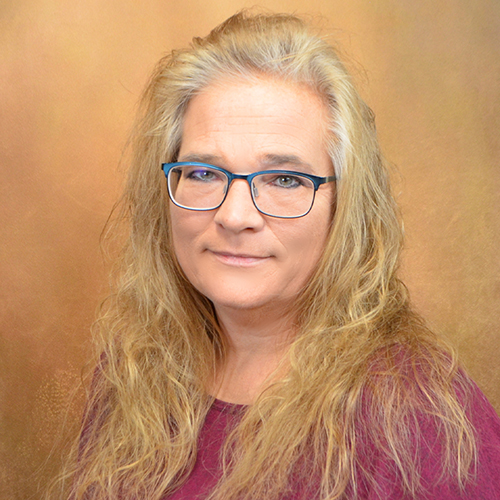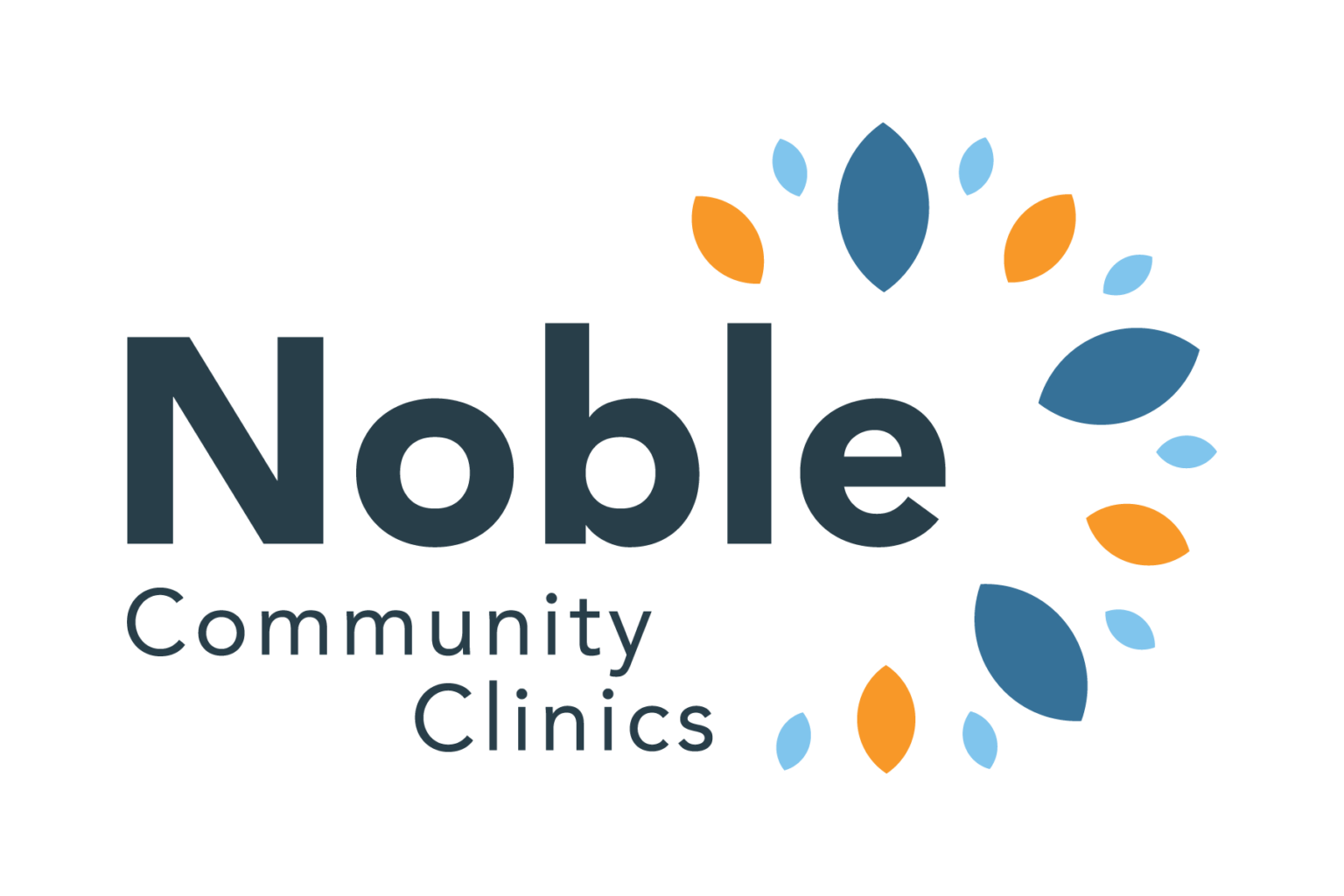Colleen Kasten
Colleen Kasten, BA, CSAC | Community Recovery Specialist
Colleen Kasten is a dedicated Substance Use Disorder (SUD) Counselor at Noble Community Clinics, where she specializes in helping individuals aged 13 and up who have been affected by substances. With a Bachelor’s degree in Psychology and credentials as a Clinical Substance Abuse Counselor (CSAC), Colleen works with a diverse range of clients, including those referred through probation, CPS, self-referrals, and driver safety plans. Her true passion lies in helping individuals who have struggled to find themselves, providing both individual and group counseling without judgment, regardless of their past experiences.
Colleen takes great pride in witnessing the transformation of her clients as they shed the stigma of their past and embrace their true selves. She values the collaborative and supportive environment of the team at Noble Community Clinics, which extends beyond the clinic to include the broader community. Colleen describes her team as fun, open, and exceptionally skilled at bringing people together to help one another.
Her journey into healthcare began at a young age, helping her disabled neighbor each morning before school. Over the years, she gained extensive experience working as a CNA, in CBRFs, respite care, and with disabled individuals of all ages. However, it was in the field of substance abuse counseling that Colleen truly found her calling. She believes that this work is what she was meant to do, providing her with a sense of fulfillment that other careers could not match.
The most rewarding aspect of Colleen’s work is the honor of watching her clients transform into healthier, more positive individuals, reuniting with their families, and achieving remarkable personal growth. She cherishes the interactions she has with her clients and considers it a privilege to support them on their journey to recovery.
Colleen’s advice for those struggling is to remember that the strongest word in the world is “HELP.” She emphasizes that it’s okay not to be okay, and asking for help is a powerful and necessary step. She also encourages people to find their own version of “normal,” embracing their uniqueness and not worrying about fitting into a “perfect” mold.

